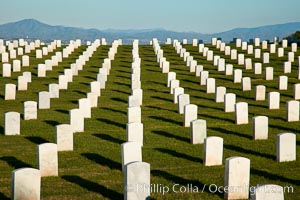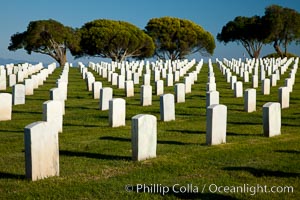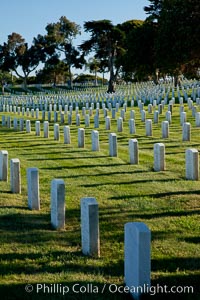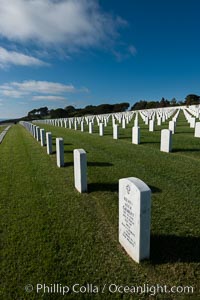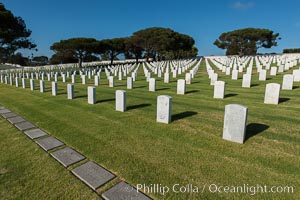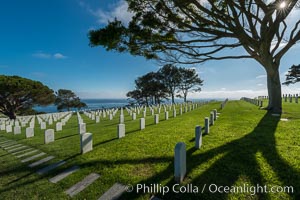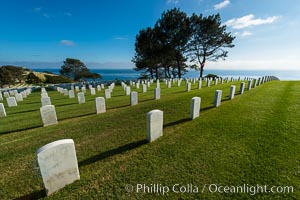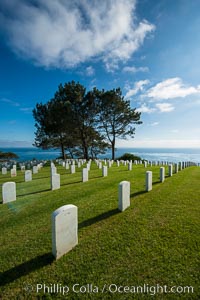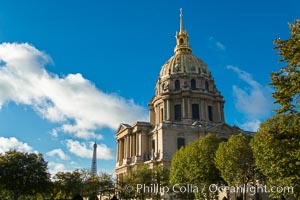
Les Invalides, officially known as L'Hotel national des Invalides (The National Residence of the Invalids), is a complex of buildings in the 7th arrondissement of Paris, France, containing museums and monuments, all relating to the military history of France, as well as a hospital and a retirement home for war veterans, the building's original purpose.
Location: Hotel National des Invalides, Paris, France
Image ID: 28160
Location: Hotel National des Invalides, Paris, France
Image ID: 28160
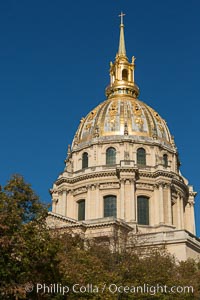
Les Invalides, officially known as L'Hotel national des Invalides (The National Residence of the Invalids), is a complex of buildings in the 7th arrondissement of Paris, France, containing museums and monuments, all relating to the military history of France, as well as a hospital and a retirement home for war veterans, the building's original purpose.
Location: Hotel National des Invalides, Paris, France
Image ID: 28176
Location: Hotel National des Invalides, Paris, France
Image ID: 28176
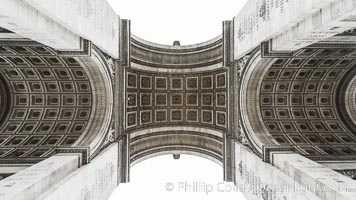
Arc de Triomphe. The Arc de Triomphe (Arc de Triomphe de l'Etoile) is one of the most famous monuments in Paris. It stands in the centre of the Place Charles de Gaulle (originally named Place de l'Etoile), at the western end of the Champs-Elysees. The Arc de Triomphe (in English: "Triumphal Arch") honors those who fought and died for France in the French Revolutionary and the Napoleonic Wars, with the names of all French victories and generals inscribed on its inner and outer surfaces. Beneath its vault lies the Tomb of the Unknown Soldier from World War I. The monument was designed by Jean Chalgrin in 1806, and its iconographic program pitted heroically nude French youths against bearded Germanic warriors in chain mail. It set the tone for public monuments, with triumphant patriotic messages. The monument stands 50 metres (164 ft) in height, 45 m (148 ft) wide and 22 m (72 ft) deep.
Location: Arc de Triomphe, Paris, France
Image ID: 28079
Location: Arc de Triomphe, Paris, France
Image ID: 28079
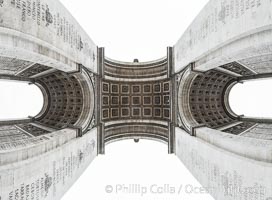
Arc de Triomphe. The Arc de Triomphe (Arc de Triomphe de l'Etoile) is one of the most famous monuments in Paris. It stands in the centre of the Place Charles de Gaulle (originally named Place de l'Etoile), at the western end of the Champs-Elysees. The Arc de Triomphe (in English: "Triumphal Arch") honors those who fought and died for France in the French Revolutionary and the Napoleonic Wars, with the names of all French victories and generals inscribed on its inner and outer surfaces. Beneath its vault lies the Tomb of the Unknown Soldier from World War I. The monument was designed by Jean Chalgrin in 1806, and its iconographic program pitted heroically nude French youths against bearded Germanic warriors in chain mail. It set the tone for public monuments, with triumphant patriotic messages. The monument stands 50 metres (164 ft) in height, 45 m (148 ft) wide and 22 m (72 ft) deep.
Location: Arc de Triomphe, Paris, France
Image ID: 28081
Panorama dimensions: 8402 x 11410
Location: Arc de Triomphe, Paris, France
Image ID: 28081
Panorama dimensions: 8402 x 11410
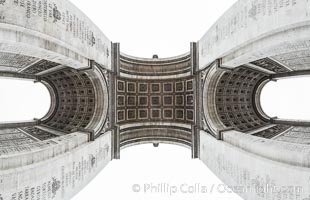
Arc de Triomphe. The Arc de Triomphe (Arc de Triomphe de l'Etoile) is one of the most famous monuments in Paris. It stands in the centre of the Place Charles de Gaulle (originally named Place de l'Etoile), at the western end of the Champs-Elysees. The Arc de Triomphe (in English: "Triumphal Arch") honors those who fought and died for France in the French Revolutionary and the Napoleonic Wars, with the names of all French victories and generals inscribed on its inner and outer surfaces. Beneath its vault lies the Tomb of the Unknown Soldier from World War I. The monument was designed by Jean Chalgrin in 1806, and its iconographic program pitted heroically nude French youths against bearded Germanic warriors in chain mail. It set the tone for public monuments, with triumphant patriotic messages. The monument stands 50 metres (164 ft) in height, 45 m (148 ft) wide and 22 m (72 ft) deep.
Location: Arc de Triomphe, Paris, France
Image ID: 28082
Panorama dimensions: 7420 x 11499
Location: Arc de Triomphe, Paris, France
Image ID: 28082
Panorama dimensions: 7420 x 11499
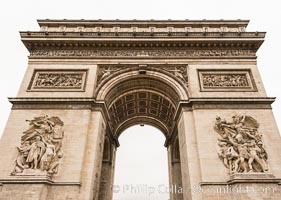
Arc de Triomphe. The Arc de Triomphe (Arc de Triomphe de l'Etoile) is one of the most famous monuments in Paris. It stands in the centre of the Place Charles de Gaulle (originally named Place de l'Etoile), at the western end of the Champs-Elysees. The Arc de Triomphe (in English: "Triumphal Arch") honors those who fought and died for France in the French Revolutionary and the Napoleonic Wars, with the names of all French victories and generals inscribed on its inner and outer surfaces. Beneath its vault lies the Tomb of the Unknown Soldier from World War I. The monument was designed by Jean Chalgrin in 1806, and its iconographic program pitted heroically nude French youths against bearded Germanic warriors in chain mail. It set the tone for public monuments, with triumphant patriotic messages. The monument stands 50 metres (164 ft) in height, 45 m (148 ft) wide and 22 m (72 ft) deep.
Location: Arc de Triomphe, Paris, France
Image ID: 28085
Location: Arc de Triomphe, Paris, France
Image ID: 28085
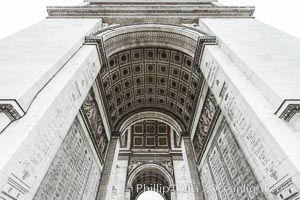
Arc de Triomphe. The Arc de Triomphe (Arc de Triomphe de l'Etoile) is one of the most famous monuments in Paris. It stands in the centre of the Place Charles de Gaulle (originally named Place de l'Etoile), at the western end of the Champs-Elysees. The Arc de Triomphe (in English: "Triumphal Arch") honors those who fought and died for France in the French Revolutionary and the Napoleonic Wars, with the names of all French victories and generals inscribed on its inner and outer surfaces. Beneath its vault lies the Tomb of the Unknown Soldier from World War I. The monument was designed by Jean Chalgrin in 1806, and its iconographic program pitted heroically nude French youths against bearded Germanic warriors in chain mail. It set the tone for public monuments, with triumphant patriotic messages. The monument stands 50 metres (164 ft) in height, 45 m (148 ft) wide and 22 m (72 ft) deep.
Location: Arc de Triomphe, Paris, France
Image ID: 28086
Location: Arc de Triomphe, Paris, France
Image ID: 28086
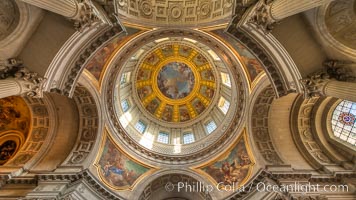
Les Invalides, officially known as L'Hotel national des Invalides (The National Residence of the Invalids), is a complex of buildings in the 7th arrondissement of Paris, France, containing museums and monuments, all relating to the military history of France, as well as a hospital and a retirement home for war veterans, the building's original purpose.
Location: Hotel National des Invalides, Paris, France
Image ID: 28120
Location: Hotel National des Invalides, Paris, France
Image ID: 28120
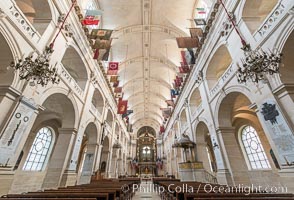
Les Invalides, officially known as L'Hotel national des Invalides (The National Residence of the Invalids), is a complex of buildings in the 7th arrondissement of Paris, France, containing museums and monuments, all relating to the military history of France, as well as a hospital and a retirement home for war veterans, the building's original purpose.
Location: Hotel National des Invalides, Paris, France
Image ID: 28123
Location: Hotel National des Invalides, Paris, France
Image ID: 28123
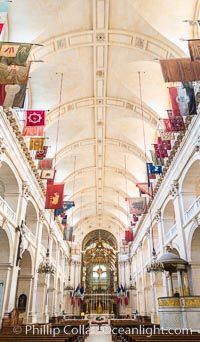
Les Invalides, officially known as L'Hotel national des Invalides (The National Residence of the Invalids), is a complex of buildings in the 7th arrondissement of Paris, France, containing museums and monuments, all relating to the military history of France, as well as a hospital and a retirement home for war veterans, the building's original purpose.
Location: Hotel National des Invalides, Paris, France
Image ID: 28124
Location: Hotel National des Invalides, Paris, France
Image ID: 28124
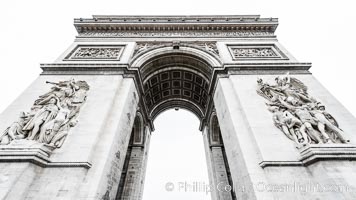
Arc de Triomphe. The Arc de Triomphe (Arc de Triomphe de l'Etoile) is one of the most famous monuments in Paris. It stands in the centre of the Place Charles de Gaulle (originally named Place de l'Etoile), at the western end of the Champs-Elysees. The Arc de Triomphe (in English: "Triumphal Arch") honors those who fought and died for France in the French Revolutionary and the Napoleonic Wars, with the names of all French victories and generals inscribed on its inner and outer surfaces. Beneath its vault lies the Tomb of the Unknown Soldier from World War I. The monument was designed by Jean Chalgrin in 1806, and its iconographic program pitted heroically nude French youths against bearded Germanic warriors in chain mail. It set the tone for public monuments, with triumphant patriotic messages. The monument stands 50 metres (164 ft) in height, 45 m (148 ft) wide and 22 m (72 ft) deep.
Location: Arc de Triomphe, Paris, France
Image ID: 28265
Location: Arc de Triomphe, Paris, France
Image ID: 28265
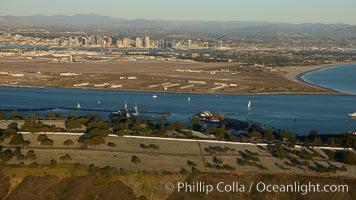
Fort Rosecrans National Cemetery, situated overlooking the Pacific Ocean on Point Loma, with San Diego Bay and Coronado Island in the distance.
Location: San Diego, California
Image ID: 22419
Location: San Diego, California
Image ID: 22419

Cal (UC Berkeley) men's collegiate novice crew on their way to winning the Derek Guelker Memorial Cup, 2007 San Diego Crew Classic.
Location: Mission Bay, San Diego, California
Image ID: 18645
Location: Mission Bay, San Diego, California
Image ID: 18645

Cal (UC Berkeley) men's collegiate novice crew on their way to winning the Derek Guelker Memorial Cup, 2007 San Diego Crew Classic.
Location: Mission Bay, San Diego, California
Image ID: 18659
Location: Mission Bay, San Diego, California
Image ID: 18659
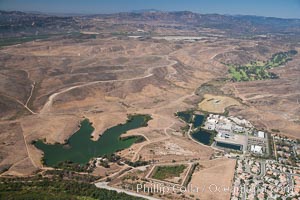
Camp Pendleton Marine Corps Base, with Marine Memorial Golf Course visible at far right.
Location: Oceanside, California
Image ID: 25994
Location: Oceanside, California
Image ID: 25994
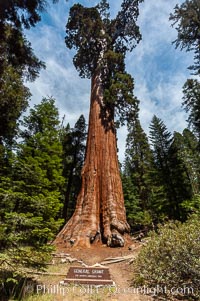
The General Grant Sequoia tree is the second-tallest living thing on earth, standing over 267 feet tall with a 40 diameter and 107 circumference at its base. It is estimated to be between 1500 and 2000 years old. The General Grant Sequoia is both the Nations Christmas tree and the only living National Shrine, memorializing veterans who served in the US armed forces. Grant Grove.
Species: Giant sequoia tree, Sequoiadendron giganteum
Location: Grant Grove, Sequoia Kings Canyon National Park, California
Image ID: 09862
Species: Giant sequoia tree, Sequoiadendron giganteum
Location: Grant Grove, Sequoia Kings Canyon National Park, California
Image ID: 09862
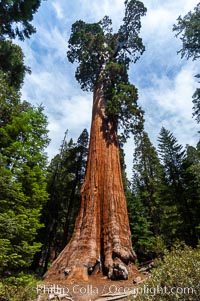
The General Grant Sequoia tree is the second-tallest living thing on earth, standing over 267 feet tall with a 40 diameter and 107 circumference at its base. It is estimated to be between 1500 and 2000 years old. The General Grant Sequoia is both the Nations Christmas tree and the only living National Shrine, memorializing veterans who served in the US armed forces. Grant Grove.
Species: Giant sequoia tree, Sequoiadendron giganteum
Location: Grant Grove, Sequoia Kings Canyon National Park, California
Image ID: 09863
Species: Giant sequoia tree, Sequoiadendron giganteum
Location: Grant Grove, Sequoia Kings Canyon National Park, California
Image ID: 09863
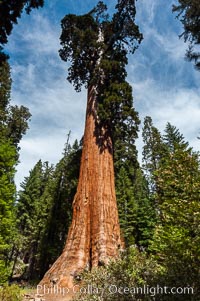
The General Grant Sequoia tree is the second-tallest living thing on earth, standing over 267 feet tall with a 40 diameter and 107 circumference at its base. It is estimated to be between 1500 and 2000 years old. The General Grant Sequoia is both the Nations Christmas tree and the only living National Shrine, memorializing veterans who served in the US armed forces. Grant Grove.
Species: Giant sequoia tree, Sequoiadendron giganteum
Location: Grant Grove, Sequoia Kings Canyon National Park, California
Image ID: 09864
Species: Giant sequoia tree, Sequoiadendron giganteum
Location: Grant Grove, Sequoia Kings Canyon National Park, California
Image ID: 09864
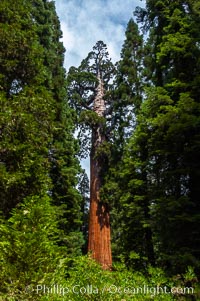
The General Grant Sequoia tree is the second-tallest living thing on earth, standing over 267 feet tall with a 40 diameter and 107 circumference at its base. It is estimated to be between 1500 and 2000 years old. The General Grant Sequoia is both the Nations Christmas tree and the only living National Shrine, memorializing veterans who served in the US armed forces. Grant Grove.
Species: Giant sequoia tree, Sequoiadendron giganteum
Location: Grant Grove, Sequoia Kings Canyon National Park, California
Image ID: 09865
Species: Giant sequoia tree, Sequoiadendron giganteum
Location: Grant Grove, Sequoia Kings Canyon National Park, California
Image ID: 09865
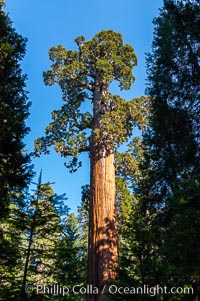
The General Grant Sequoia tree is the second-tallest living thing on earth, standing over 267 feet tall with a 40 diameter and 107 circumference at its base. It is estimated to be between 1500 and 2000 years old. The General Grant Sequoia is both the Nations Christmas tree and the only living National Shrine, memorializing veterans who served in the US armed forces. Grant Grove.
Species: Giant sequoia tree, Sequoiadendron giganteum
Location: Grant Grove, Sequoia Kings Canyon National Park, California
Image ID: 09866
Species: Giant sequoia tree, Sequoiadendron giganteum
Location: Grant Grove, Sequoia Kings Canyon National Park, California
Image ID: 09866
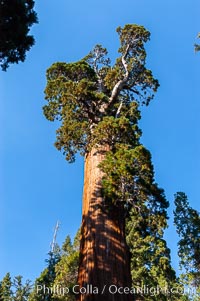
The General Grant Sequoia tree is the second-tallest living thing on earth, standing over 267 feet tall with a 40 diameter and 107 circumference at its base. It is estimated to be between 1500 and 2000 years old. The General Grant Sequoia is both the Nations Christmas tree and the only living National Shrine, memorializing veterans who served in the US armed forces. Grant Grove.
Species: Giant sequoia tree, Sequoiadendron giganteum
Location: Grant Grove, Sequoia Kings Canyon National Park, California
Image ID: 09867
Species: Giant sequoia tree, Sequoiadendron giganteum
Location: Grant Grove, Sequoia Kings Canyon National Park, California
Image ID: 09867
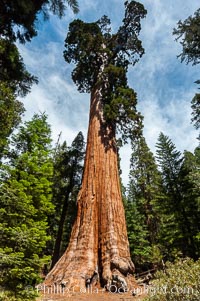
The General Grant Sequoia tree is the second-tallest living thing on earth, standing over 267 feet tall with a 40 diameter and 107 circumference at its base. It is estimated to be between 1500 and 2000 years old. The General Grant Sequoia is both the Nations Christmas tree and the only living National Shrine, memorializing veterans who served in the US armed forces. Grant Grove.
Species: Giant sequoia tree, Sequoiadendron giganteum
Location: Grant Grove, Sequoia Kings Canyon National Park, California
Image ID: 09868
Species: Giant sequoia tree, Sequoiadendron giganteum
Location: Grant Grove, Sequoia Kings Canyon National Park, California
Image ID: 09868
